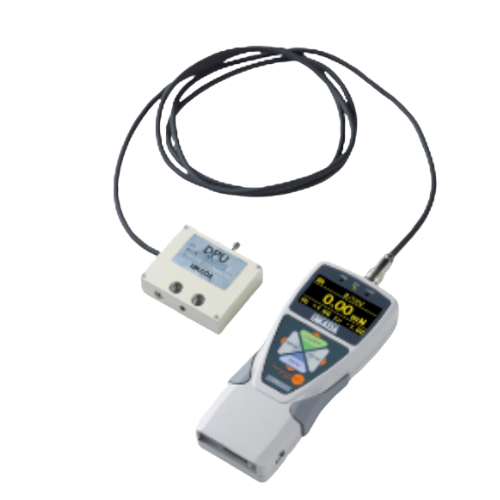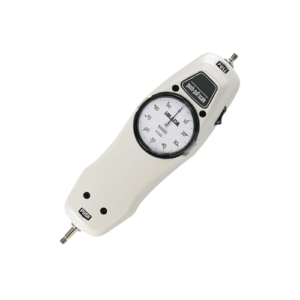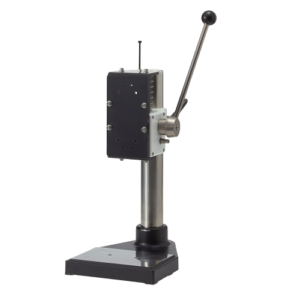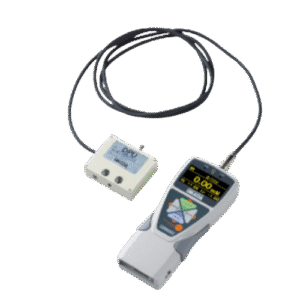Description
The ZTA series digital force gauges from Imada are advanced models with a separated sensor design. This means the sensor, or load cell, is not attached to the main gauge.
This design offers more flexibility in how you set up your tests and makes it easier to access the sensor for maintenance or to replace it.
Specifications
Additional Functions and Various Services for Next Series
Application Examples of ZTS/ZTA series
Force Logger Series Specifications
Force Gauges Comparison Table
Accessory Attachments Specifications
Features
- Fast and Accurate: They have a high sampling rate of 2000 Hz, which allows them to capture even small, rapid changes in force for very accurate results and peak value detection.
- Customizable Display: The screen can be customized with three different sections to show the information you need.
- Clear Screen: The high luminance organic EL display is bright and easy to read, which helps prevent mistakes when reading measurements.
- Flexible Data Output: You can connect the gauge using USB, wireless, and serial communication to manage data on a computer or link it to other devices.
- Variety of Sensors: The gauges can be used with a wide range of load cell options, including compact, waterproof, wide temperature, and pen-type sensors.
Industries
The ZTS series of digital force gauges with separated sensors is used in many different industries, such as automotive, aerospace, construction, and manufacturing.
They’re great for a wide variety of tests, including tensile and compression testing. Businesses often use them for quality control and product testing to make sure their products meet specific standards and requirements.
Applications and use cases
- Manufacturing: They’re ideal for quality control and inspection. You can use them to measure the force needed to operate machinery, test the strength of materials, or check the torque on fasteners.
- Research & Development: In labs, these gauges are used to measure and analyze forces for materials testing, product design, and creating prototypes.
- Testing & Certification: They help ensure products meet industry standards and regulations by measuring the force required to operate safety equipment, the strength of packaging, and the torque on fasteners.
- Automotive & Aerospace: The gauges are used to test and inspect critical components like engines, transmissions, and landing gear.
- Medical & Pharmaceutical: They help measure the force needed to operate medical devices and test the strength of packaging materials.
- Consumer Products: You can use them to test the functionality of various consumer goods, including appliances, electronics, and sporting goods.





